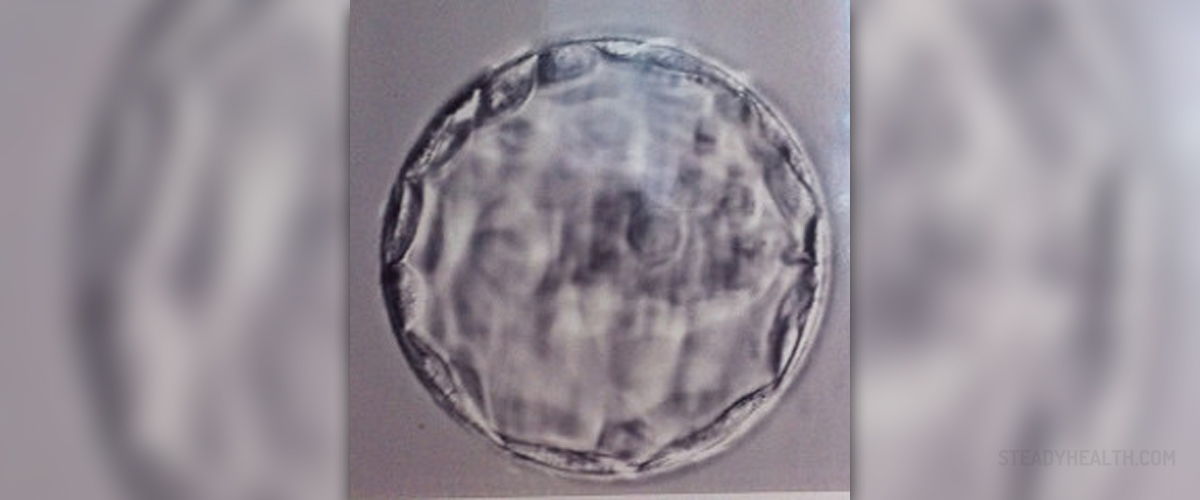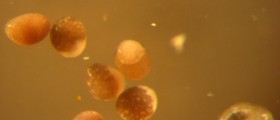
In vitro fertilization, more commonly known simply as IVF, is an increasingly popular solution that helps many couples who are not able to conceive naturally. IVF is not only rising in popularity, but this medical procedure in which an egg is artificially fertilized and then implanted into a woman's uterus is also becoming ever more successful. If you are among those who are undergoing IVF, there is no doubt that you are wondering how soon after one or more embryos were returned to your uterus you can take a pregnancy test. Normal embryos will hatch from their shell between days five and seven following the fertilization of the egg. Because IVF embryos are transferred to the uterus at different possible stages of development, the timing of implantation into the uterine lining will also vary. A day three transfer would result in implantation after two to five days, while a day five transfer would result in attachment after only one to three days. But this does not mean that women who underwent IVF can do a home pregnancy test that soon after the procedure. Because of the large amount of medications involved in creating a pregnancy through IVF, home pregnancy tests are not recommended at all for this procedure. Instead, the fertility clinic at which a woman underwent her IVF procedure will carry out a blood pregnancy test. When? If an embryo has implanted into the uterus successfully, hCG, human Chorionic gonadotropin, will start being produced very soon.
Fertility clinics have varying policies on when they start pregnancy testing. But as a rule, reproductive endocrinologists will normally carry out blood tests that look for hCG levels at around nine to eleven days after the embryo or embryos were inserted into a woman's womb. This is the time at which hCG levels are likely to be detectable in the mother's blood stream. Again, the timing differs depending on the maturity of the embryo during the transfer. Nine days is the time frame for day five transfers, while day three transfers will require 11 days of waiting. Did you just have IVF, and are you really impatient? The temptation of taking a urine pregnancy test at home may be really big. Should you do it? Of course, it is up to you. But generally, the answer is that there is no point.
Taking a urine pregnancy test after invitro fertilization carries an extremely high chance of false negatives, because they are much less sensitive than blood tests and can therefore detect much smaller amounts of the hormone hCG. If you have undergone IVF, in short, you will be able to find out whether you are pregnant at the same time after implantation as any other woman. The method will just be slightly different. Prevent disappointment when you may actually be pregnant after all, and go to your fertility clinic to get tested!







_f_280x120.jpg)










Your thoughts on this
Loading...